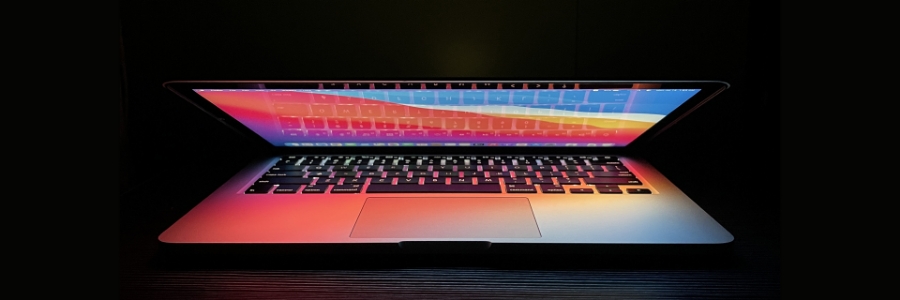
Performance and speed
If your Mac has become sluggish, frequently freezes, or takes forever to complete basic tasks, it could be a sign that the hardware is struggling to keep up with your needs. Newer Mac models often come equipped with faster processors, more efficient RAM, and improved graphics capabilities, resulting in a significant boost in performance. Consider your current usage requirements and evaluate whether a new Mac can offer the speed and responsiveness you require to complete your tasks.
Compatibility with software and updates
Over time, older Mac models may struggle to keep up with the demands of the latest software versions. If you find yourself unable to install or run certain applications or encounter compatibility issues with essential software, it may be an indication that your Mac is reaching its limits. Upgrading to a newer model ensures that you can seamlessly access the latest software updates and take advantage of their features without any hindrance.
Hardware limitations
Another factor to consider is whether your current Mac's hardware meets your changing needs. If you're performing resource-intensive tasks such as video editing, 3D rendering, or running demanding software, your older Mac may not have the necessary processing power, storage capacity, or graphics capabilities to handle these tasks efficiently. Replacing your Mac with a newer model can provide you with more robust hardware specifications, allowing you to tackle demanding projects with ease.
Long-term cost and future-proofing
While upgrading to a new Mac can be expensive, it's essential to consider the long-term cost and potential future-proofing benefits. Older Mac models may require more frequent repairs or encounter compatibility issues with future software updates, resulting in additional expenses and potential productivity loss.
Investing in a new Mac with the latest hardware and software ensures that you have a device that can support your needs for years to come. Additionally, newer models often come with extended warranties and support, providing you with peace of mind and protection against unexpected repair costs.
User experience and quality of life
Upgrading your Mac can significantly enhance your overall user experience and quality of life. Newer models come with sleeker designs, improved display technologies, and better battery life. These improvements can contribute to a more enjoyable and immersive computing experience, whether you're working on important projects, watching high-definition videos, or engaging in creative endeavors.
Features such as Touch ID, Face ID, and larger trackpads can streamline your daily workflow and make your interactions with the device more intuitive. Consider how these improvements can positively impact your computing experience and whether they align with your expectations and preferences.
Ecosystem integration and future Apple services
If you're already invested in the Apple ecosystem with other devices such as iPhones, iPads, or Apple Watches, upgrading your Mac can further enhance the integration and synergy between your devices. Continuity features such as Handoff, Universal Clipboard, and iCloud synchronization allow for seamless transitions and sharing of content across your Apple devices.
Additionally, with the introduction of new services and technologies such as Apple Silicon and macOS updates, owning a newer Mac can provide you with access to the latest advancements in Apple's ecosystem, further enriching your digital experience.
Taking the time to consider the factors mentioned above will help you decide whether it’s time to replace your Mac computer. If you want to learn more about replacing your Mac, give our Apple experts a call today.

Leave a comment!